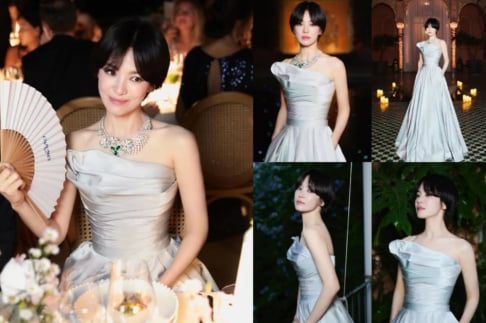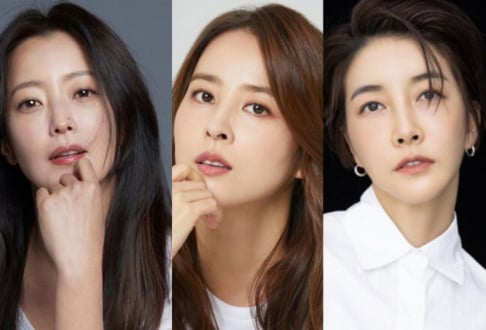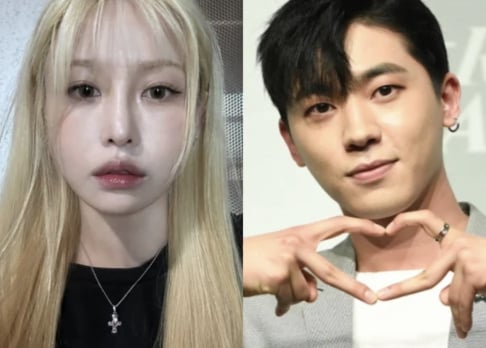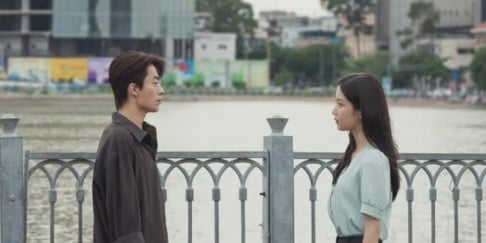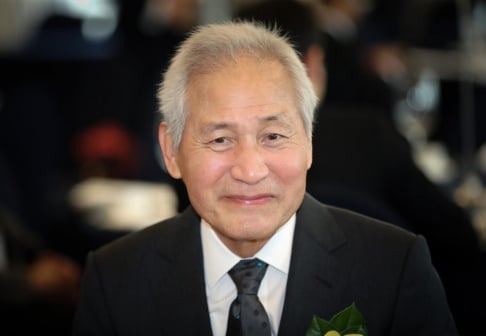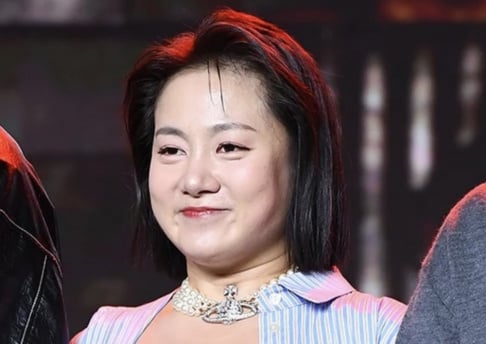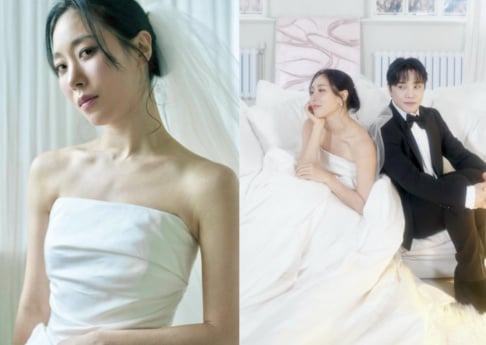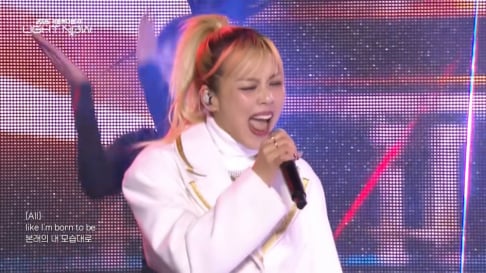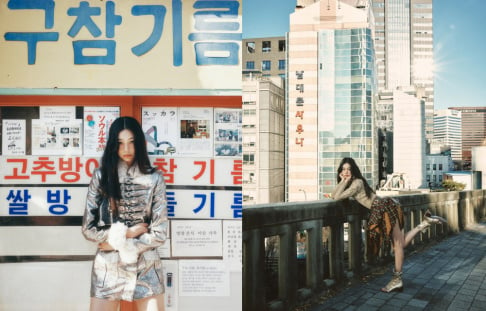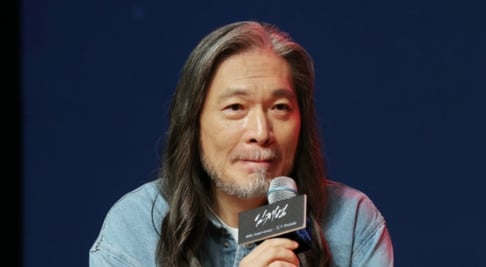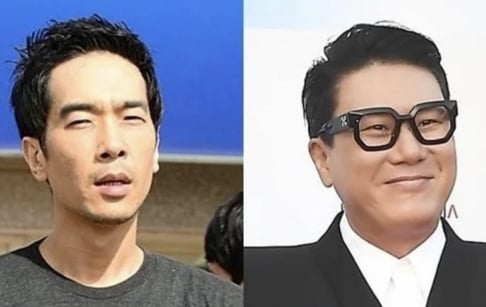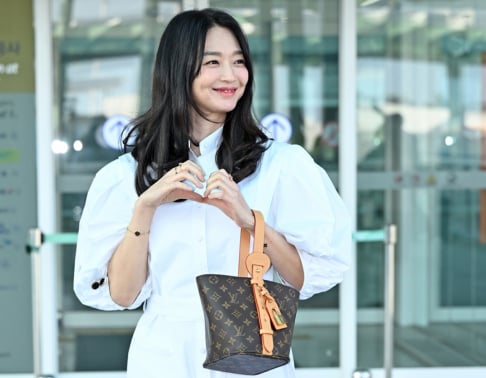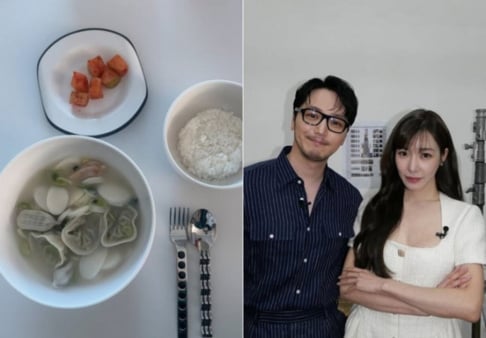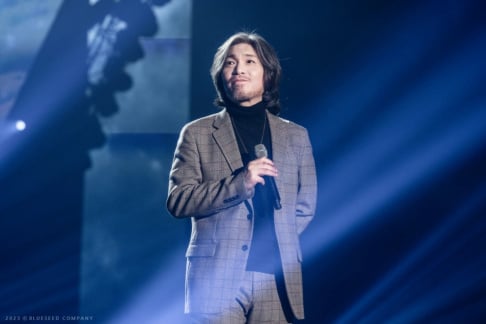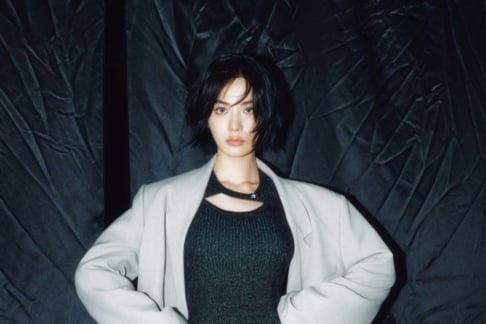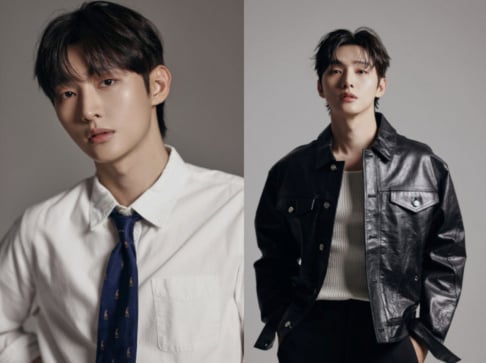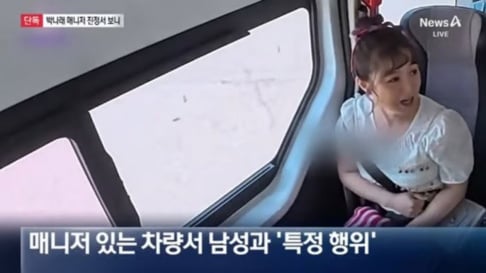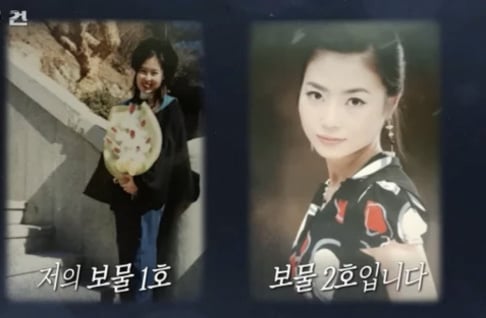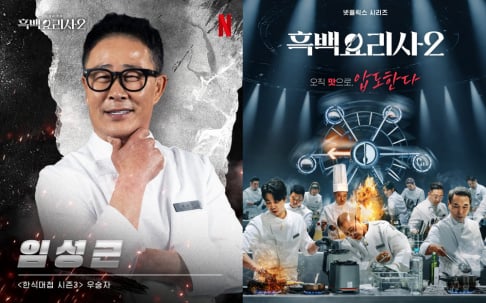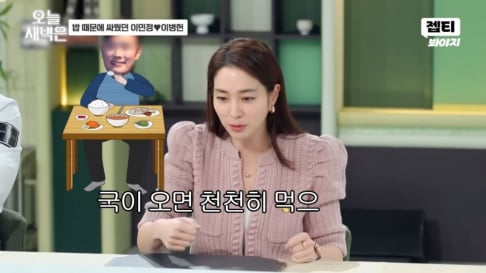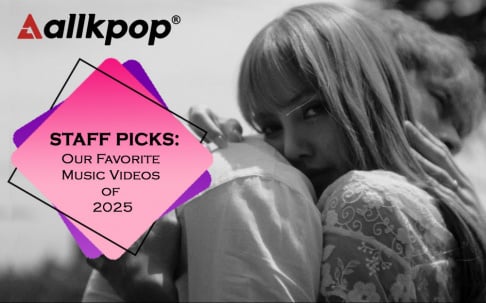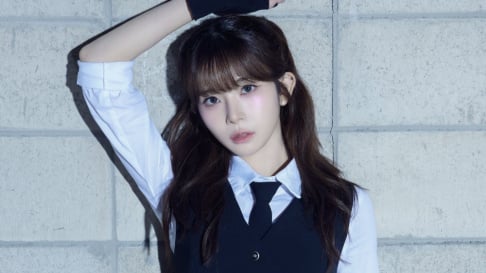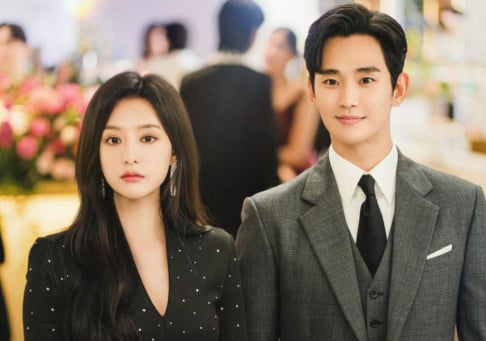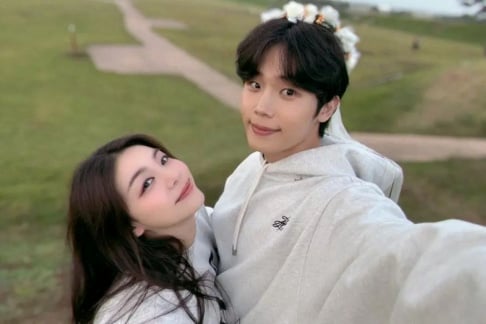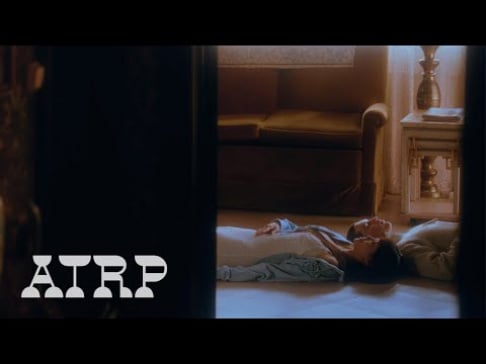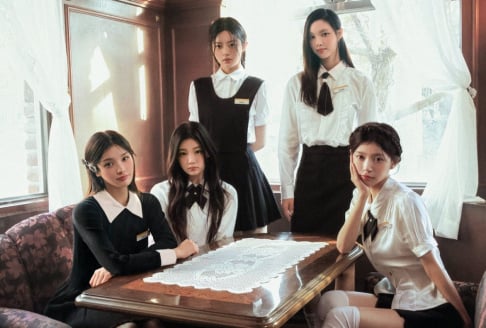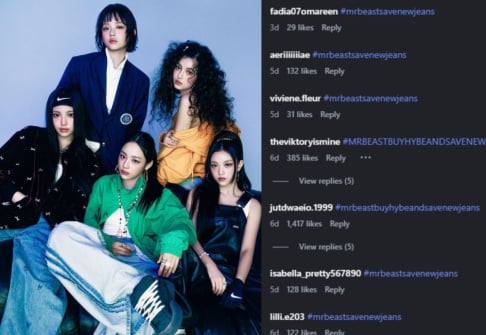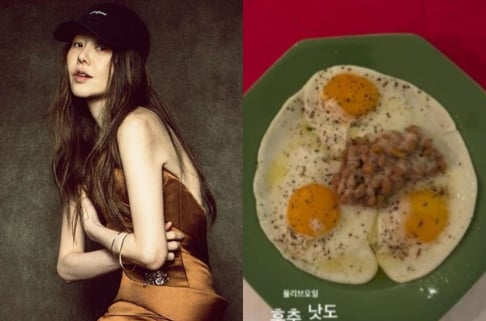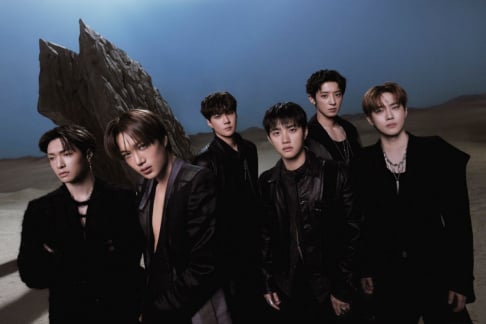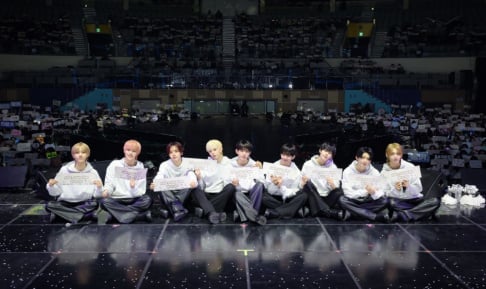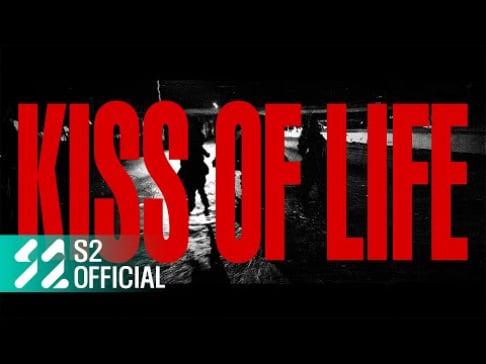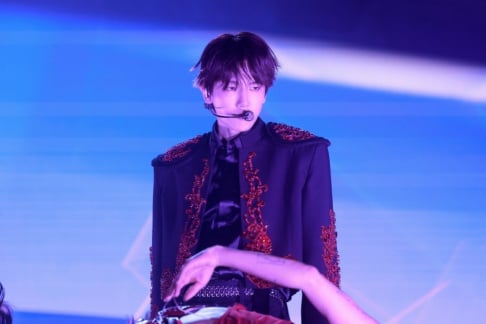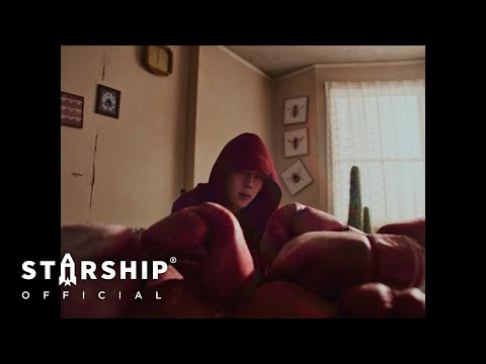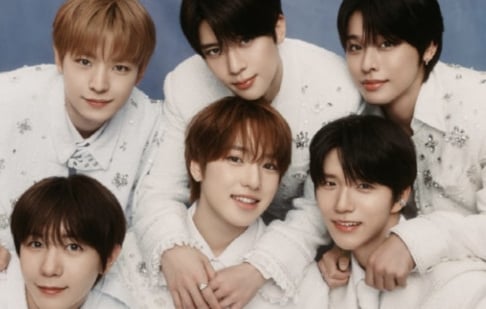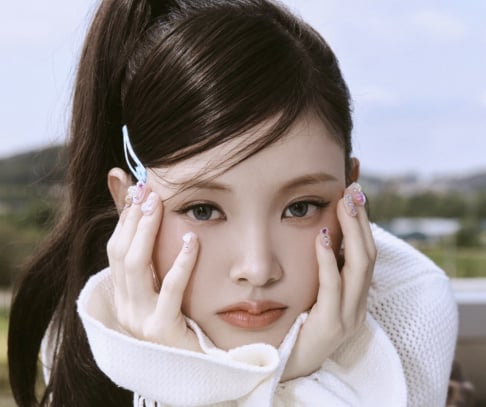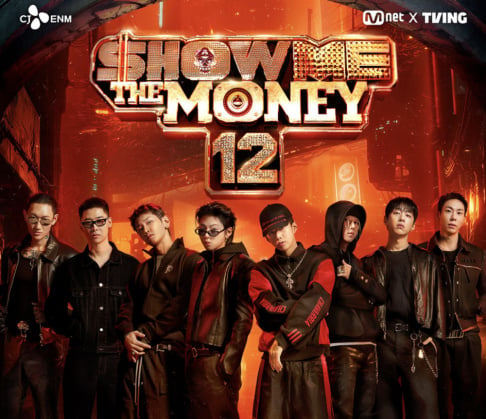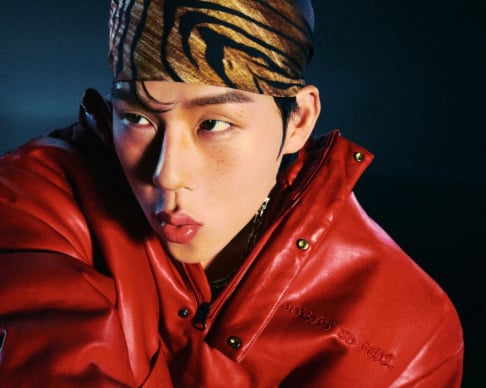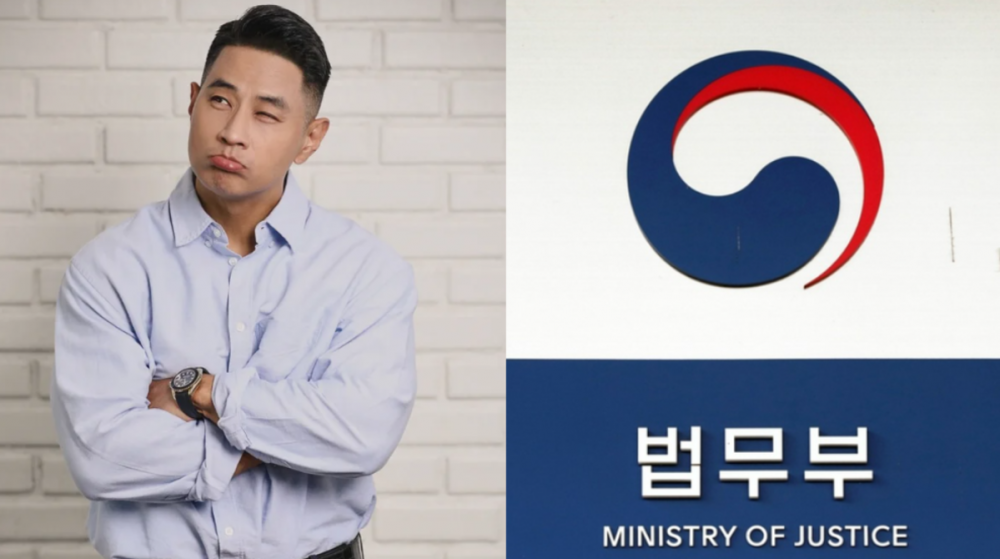
On June 26 at 10:20 AM, the Seoul Administrative Court’s Division 5 (Presiding Judge Lee Jung Won) held the second hearing in two lawsuits filed by Korean-American singer Yoo Seung Joon.
The cases involved a visa issuance denial by the Korean Consulate General in Los Angeles and a lawsuit against the Ministry of Justice seeking confirmation that no official entry ban exists.
Yoo’s legal team argued that the Supreme Court had already ruled that the entry ban should be lifted and deemed the visa denial unlawful. Despite this, the LA consulate continues to reject his F-4 visa application, citing the Ministry of Justice’s entry ban decision. Yoo’s lawyers further stated that the decision violates the principles of proportionality and equality, referencing similar cases such as that of footballer Suk Hyun Jun. They also called for indirect enforcement measures to ensure compliance with the Supreme Court’s decision.
The Ministry of Justice, however, strongly opposed lifting the ban, asserting that the decision lies within the discretion of the Justice Minister. “Yoo Seung Joon continues to engage in public disputes with Korean citizens. If allowed to enter, he could cause significant social unrest,” the ministry stated.
Yoo Seung Joon debuted in 1997 and rose to fame with hit songs like “Gaui,” “Passion,” and “Me Me Me,” earning him the nickname “Beautiful Youth.” However, in 2002, just before his scheduled military enlistment, he left Korea claiming it was for overseas performances. He subsequently renounced his Korean citizenship and became a U.S. citizen. As a result, the Ministry of Justice imposed an entry ban.
In 2015, Yoo applied for an overseas Korean F-4 visa at the LA consulate, at which point he was no longer eligible for military service. As the F-4 visa allows for economic activities, the application stirred public controversy. The consulate rejected his application, prompting Yoo to file a lawsuit to reverse the decision. Although lower courts ruled in favor of the consulate, the Supreme Court overturned the rulings, leading to a retrial where Yoo ultimately won.
Despite the court victory, the consulate again denied his visa application in 2023. Yoo filed a second lawsuit and won another final ruling in his favor in November 2023.
However, in 2024, the consulate once again refused to issue the visa, this time citing actions by Yoo after July 2, 2020, as potentially harmful to national security, public order, and diplomatic interests. In response, Yoo filed a third administrative lawsuit, which is currently ongoing.
SEE ALSO: ‘Once We Were Us’ continues box office climb in face of major Hollywood releases
 SHARE
SHARE
